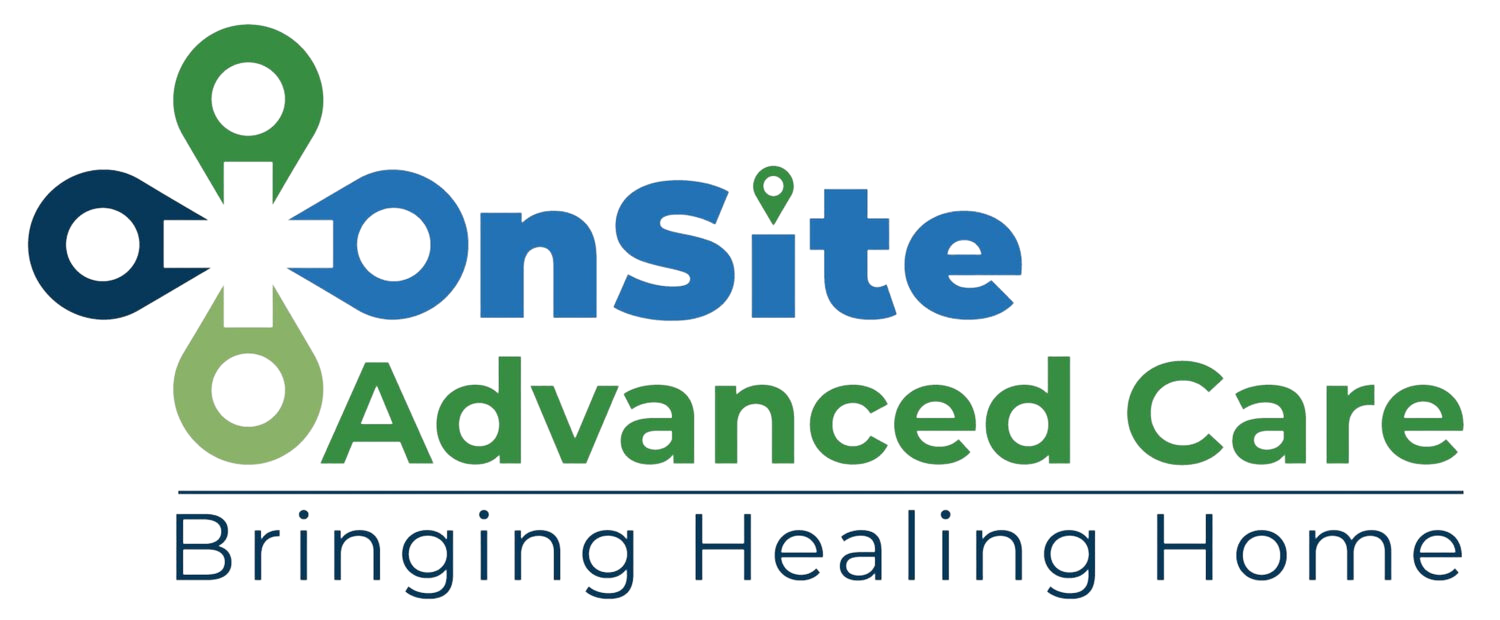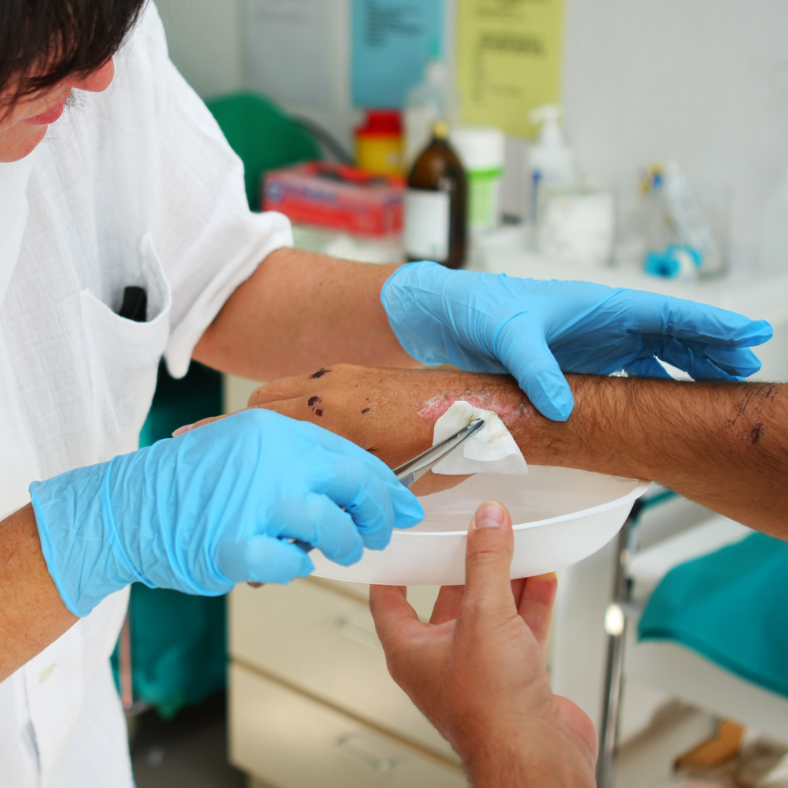Diabetes and Wound Healing
Understanding the link between diabetes and wound healing is crucial for effective management and treatment. Diabetes poses unique challenges to wound healing, primarily due to its impact on blood circulation and the immune system. Poor circulation deprives the affected area of the essential nutrients and oxygen required for healing, while a compromised immune system increases vulnerability to infections. These factors often result in slower healing times, making wound care an important focus for individuals with diabetes.
High blood sugar levels, a hallmark of diabetes, can further complicate the wound healing process. Elevated glucose in the bloodstream can cause inflammation and impair the function of white blood cells, affecting the body's ability to fight off bacteria. This is why even minor wounds like cuts or scrapes can become serious issues for those with diabetes, leading to chronic ulcers or worse, if not properly managed.
Nutrition planning plays a key role in wound healing for diabetic patients. A diet rich in protein, for example, is essential for cellular regeneration and tissue repair. Antioxidant-rich foods can aid in fighting off infection, while proper hydration can keep the skin healthy, making it less susceptible to cracking and breaking. OnSite Advanced Care specializes in offering personalized nutrition plans that aim to control blood sugar levels while also providing the nutrients necessary for effective wound healing.
It's also imperative to integrate regular blood sugar monitoring into wound care plans. Steady glucose levels not only improve general diabetic management but also create an internal environment more conducive to healing. Coupled with other treatments like wound dressings, debridement, or skin grafting, effective blood sugar control is a vital component in the healing process.
Managing diabetes and its impact on wound healing is complex, but it is not insurmountable. With the right care plan that includes specialized wound treatments and personalized nutrition, individuals with diabetes can look forward to improved outcomes. Education is empowering; the more you understand about the relationship between diabetes and wound healing, the better you'll be able to participate in your treatment, leading to quicker recovery and improved quality of life.







